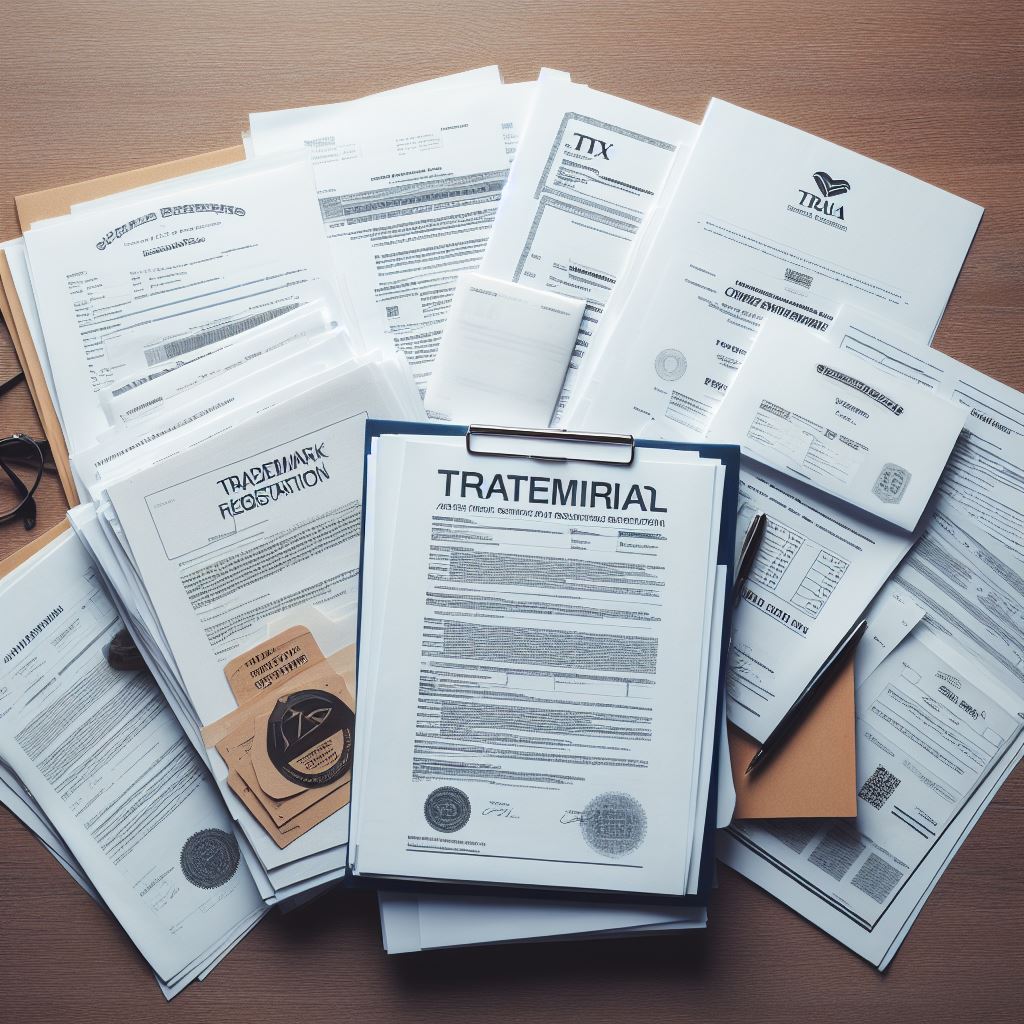The Netherlands, a land of innovation, creativity, and commerce, provides a fertile ground for businesses to thrive. In this dynamic market, safeguarding your brand through trademark registration is indispensable. Understanding the trademark registration dossier in the Netherlands is not just a legal obligation but a strategic maneuver to protect your intellectual property and establish a robust market presence. In this article, we explore the essential components of trademark registration in the Netherlands, providing a comprehensive guide for businesses aiming to secure their brand in this progressive and entrepreneurial nation.
Introduction
Trademark registration in the Netherlands is a critical step for businesses looking to establish their unique identity and protect their brand from potential infringements. A registered trademark not only provides legal protection but also enhances your credibility, allowing consumers to trust the authenticity and quality of your products or services.
Navigating the Trademark Registration Process
- Preliminary Search: Conduct a thorough trademark search to ensure the uniqueness of your proposed mark. Identifying existing trademarks is crucial to avoid conflicts and increase the likelihood of a successful application.
- Application Submission: Prepare a comprehensive trademark application dossier, detailing accurate information about your business, the mark you wish to register, and the goods or services it represents. Clarity and precision in your application are vital for a smooth submission process.
- Examination and Publication: The Benelux Office for Intellectual Property (BOIP) examines your application for compliance with legal requirements. Once approved, your trademark is published in the Trademarks Journal, allowing third parties to oppose the registration if they believe it infringes on their rights.
- Opposition Period: Address any oppositions raised by third parties promptly and effectively. Timely responses are essential to resolving disputes and advancing through the registration process.
- Registration and Protection: Upon overcoming potential oppositions and fulfilling all requirements, your trademark is registered, granting you exclusive rights to use the mark in the Netherlands for the specified goods or services. Dutch trademarks are valid for ten years and can be renewed indefinitely.
Challenges and Expert Assistance
Navigating the trademark registration process in the Netherlands can be intricate due to legal intricacies and potential language barriers. Engaging a local intellectual property attorney or consultancy is highly recommended. These professionals possess extensive knowledge of Dutch trademark laws and can guide you through the process, ensuring your application adheres to all requirements.
Conclusion
Securing your brand through trademark registration in the Netherlands is a strategic investment in your business’s future. By understanding the trademark registration dossier and enlisting expert assistance when necessary, you can navigate the process effectively. Safeguarding your intellectual property not only preserves your identity but also fosters trust and recognition among consumers in this innovative and competitive market, allowing your business to thrive and prosper in the vibrant business landscape of the Netherlands.
You can see a list of the Netherlands IP Firms here.

